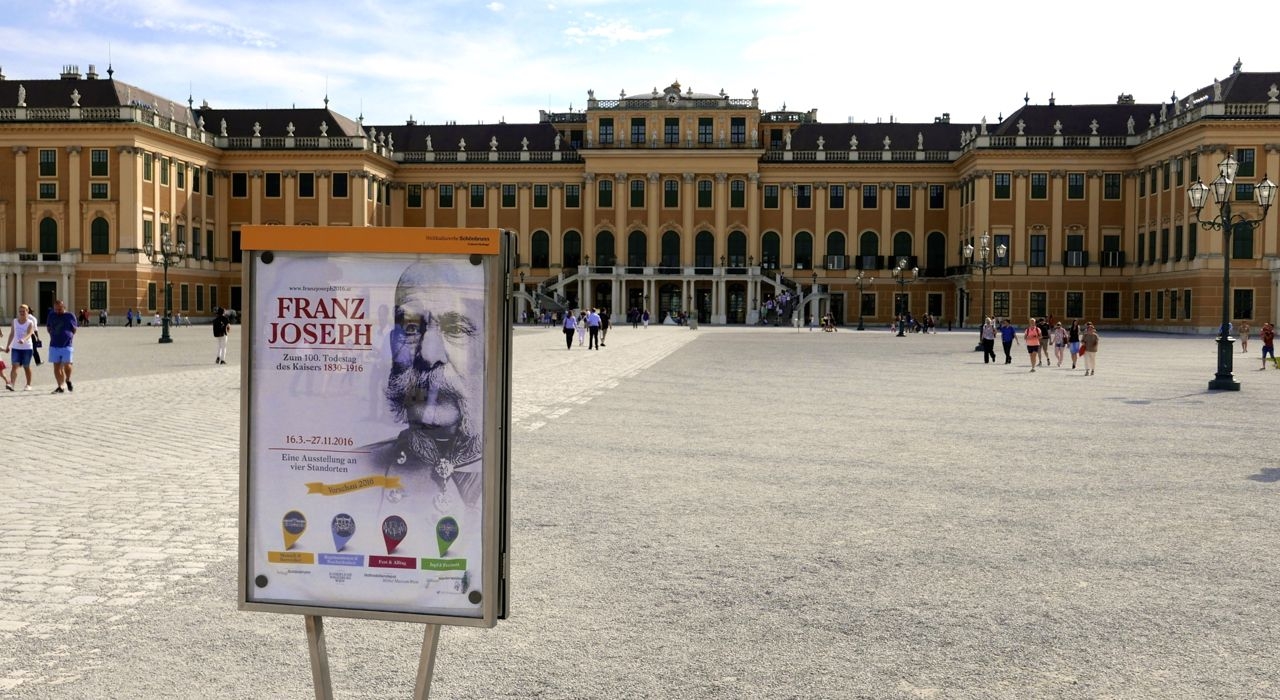Austria-Hungary became the first of the major powers to lose its head of state during the Great War, when Emperor Franz Joseph died on 21 November 1916.
It was Franz Joseph who signed the declaration of war against Serbia on 28 July 1914, a month after the assassination of his heir, Archduke Franz Ferdinand, by the Bosnian Serb nationalist Gavrilo Princip in Sarajevo.
The diplomatic efforts of the ‘July Crisis’ failed to avert a wider war drawing in Germany, Russia, France and Britain, their allies and colonies.
Franz Joseph is one of the longest-reigning monarchs in European history, having come to the Habsburg throne in the year of revolutions, 1848.
The 86-year-old monarch was succeeded by his great-nephew Karl, destined to be the last ruler of Austria-Hungary. The empire collapsed at the end the First World War in 1918.
Within months of Franz Joseph’s death, the Russian Tsar Nicholas II was gone too, forced to abdicate by the strikes and mutinies of the February Revolution.
 A series of Franz Joseph Centenary exhibitions closes at Vienna’s Schönbrunn Palace (where the Emperor was born and died) this Sunday, 27 November 2016.
A series of Franz Joseph Centenary exhibitions closes at Vienna’s Schönbrunn Palace (where the Emperor was born and died) this Sunday, 27 November 2016.
Images: Centenary News
Posted by: CN Editorial Team
